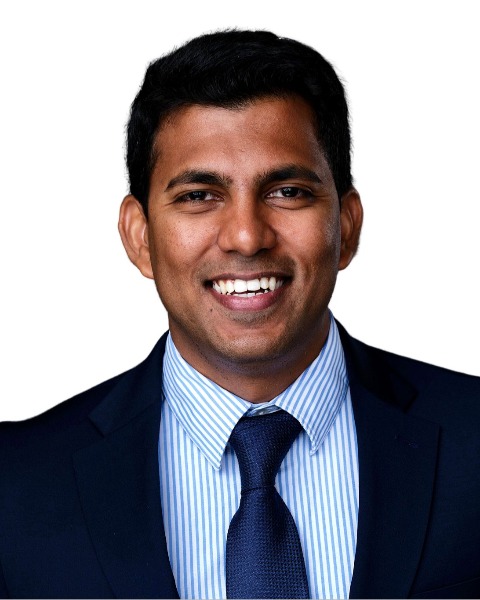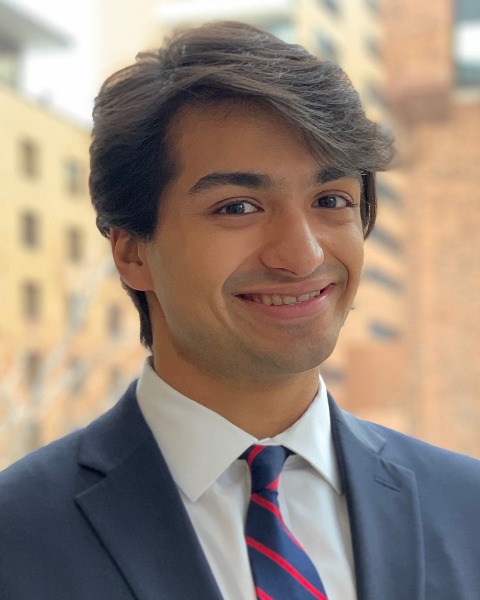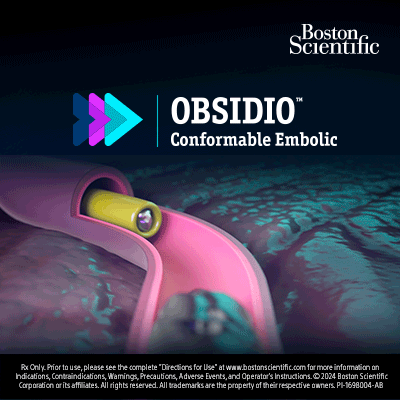General IR
Section Programming
RFS
SIR RFS Annual Hackathon - Part I
-

Linzi Arndt Webster, MD, MBA (she/her/hers)
IR Integrated Resident
Mount Sinai Hospital, United States -

Rui Dai, MD, PhD
Interventional Radiology Resident
Massachusetts General Hospital
Massachusetts General Hospital, United States -
.jpg)
Gregg Khodorov, MD, MBA (he/him/his)
PGY-5 Integrated Diagnostic/Interventional Radiology Resident
Thomas Jefferson University Hospital Department of Radiology, United States -

Shakthi Kumaran Ramasamy, MD (he/him/his)
Postdoctoral
Research Fellow , United States -

Varun Singh, MD
Interventional Radiology Resident Physician
Massachusetts General Hospital, United States -
GV
Geogy Vatakencherry, MD, FSIR
Program Director of Vascular and Interventional Integrated Residency
Kaiser Permanente physician, United States -

Rui Dai, MD, PhD
Interventional Radiology Resident
Massachusetts General Hospital
Massachusetts General Hospital, United States -
DD
Dania Daye, MD, PhD
Associate Professor
Massachusetts General Hospital/Harvard Medical School, United States -

Varun Singh, MD
Interventional Radiology Resident Physician
Massachusetts General Hospital, United States -
.jpg)
Thomas Sos, MD, FACR
Professor of Radiology, Emeritus (IR)
NYPH Weill-Cornell Medical, United States -

Shakthi Kumaran Ramasamy, MD (he/him/his)
Postdoctoral
Research Fellow , United States
Coordinator(s)
Speaker(s)
Participants—encompassing students, residents, and fellows—will team up to tackle actual clinical problems in interventional radiology, following a structured process of ideation, prototyping, and intellectual property (IP) development. This hands-on hackathon is designed to immerse participants in the Lean process model adapted for healthcare innovation, which emphasizes rapid iteration, customer (patient and clinician) feedback, and efficient resource allocation. Throughout the event, expert mentors and faculty will guide teams through brainstorming sessions, feasibility assessments, and prototype refinement, culminating in polished final presentations.
Event
Objectives:
1. Promote Innovative Thinking: By working on real-world clinical challenges, participants learn to think creatively, reframing problems and identifying novel solutions that directly address patient and provider needs in interventional radiology.
2. Enhance Teamwork and Collaboration: Cross-disciplinary teams composed of students, residents, and fellows encourage the exchange of perspectives, allowing participants to benefit from each other’s expertise, clinical experiences, and academic backgrounds.
3. Apply Lean Healthcare Principles: The hackathon provides a practical introduction to Lean methodologies, including continuous feedback loops, minimization of waste, and iterative design. Participants learn to quickly validate assumptions about clinical viability and market potential.
4. Develop Prototypes and IP Awareness: Moving beyond the ideation phase, teams are encouraged to create early-stage prototypes. Workshops on intellectual property fundamentals—including patent searches, filings, and technology transfer—ensure that participants appreciate the value and process of protecting their innovations.
Event Format:
1. Pre-Hackathon Orientation: Introductory session on interventional radiology trends, clinical problem statements, and the Lean process help orient participants to the specific objectives and methodologies of the hackathon.
2. Team Formation and Problem Pitches: Participants self-organize into teams around selected clinical challenges.
3. Ideation and Rapid Prototyping: Using Lean tools like “minimum viable product” (MVP) design, teams create initial mock-ups or proofs of concept. Participants present interim progress during feedback checkpoints with mentors and peers.
4. Refinement and Validation: After gathering feedback, teams refine their prototypes and project pitches.
5. Final Presentations and Judging: On the concluding day, teams showcase their prototypes and solution strategies to a panel of expert judges—comprising clinicians, industry professionals, and venture advisors.
Learning Objectives:
- Introduce participants to medical device design and intellectual property generation.
- Provide hands-on experience in identifying and addressing clinical challenges in interventional radiology.
- Teach participants the Lean process model for healthcare innovation, emphasizing creativity, feasibility, and clinical relevance.
- Team Collaboration: Encourage multidisciplinary teamwork by forming random teams to solve real-world clinical problems.
- Mentorship: Connect participants with mentors from the field to guide the development of innovative ideas.


.jpg)